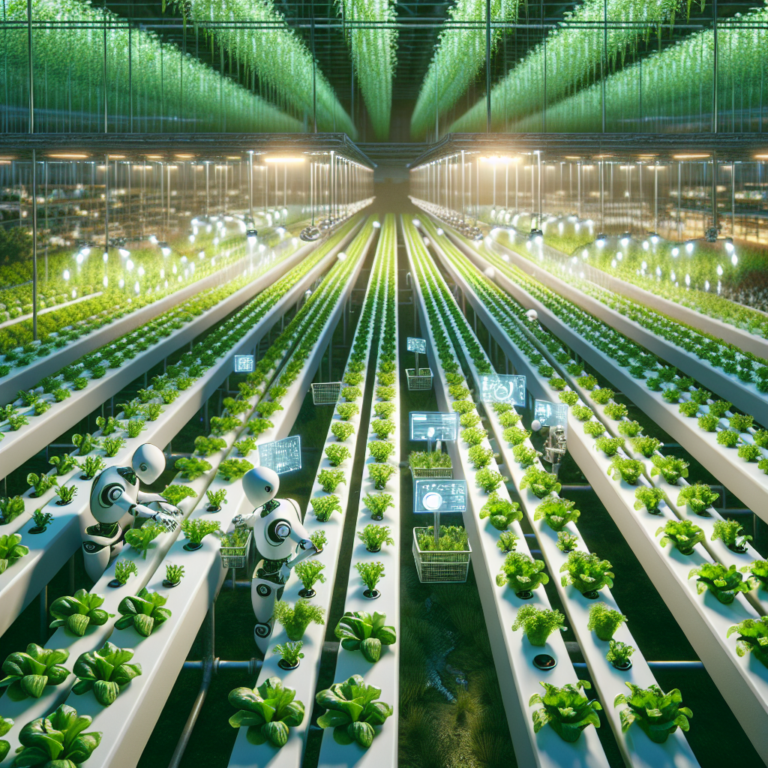As the global population continues to grow, the demand for food is also increasing. Traditional farming methods are facing challenges such as limited arable land, water scarcity, and climate change. In response to these challenges, hydroponic crop systems are revolutionizing agriculture and offering a sustainable solution for the future of farming.
Hydroponic farming is a method of growing plants without using soil. Instead, plants are grown in nutrient-rich water solutions or media such as perlite or coconut coir. This method allows for precise control over the growing environment, including the amount of water, nutrients, and light plants receive. Hydroponic systems can be used indoors or outdoors, making them versatile and adaptable to various climates and locations.
One of the key benefits of hydroponic farming is its ability to produce high yields in a small space. By growing plants vertically in stacked layers, hydroponic systems can increase the plant density and maximize production per square foot. This can be particularly useful in urban areas where land availability is limited. Additionally, hydroponic systems use less water than traditional farming methods, as water is recirculated and reused within the system, reducing the overall water consumption.
Another advantage of hydroponic crop systems is the reduced risk of pests and diseases. Without soil, plants are less susceptible to soil-borne pathogens and pests, resulting in healthier and more resilient crops. This can lead to a decrease in the use of chemical pesticides and herbicides, making hydroponic farming more environmentally friendly.
In terms of sustainability, hydroponic farming offers several advantages. By using controlled environments, hydroponic systems can reduce the need for fertilizers and pesticides, lowering the carbon footprint of agriculture. Additionally, by recirculating water and nutrients, hydroponic systems can conserve resources and minimize waste, making them more sustainable in the long run.
The future of farming is looking brighter with the adoption of hydroponic crop systems. These innovative systems offer a sustainable and efficient solution to the challenges facing traditional agriculture, including limited land availability, water scarcity, and climate change. As the global population continues to grow, hydroponic farming has the potential to revolutionize agriculture and provide a reliable source of food for the future. By investing in hydroponic technology and developing more efficient systems, we can create a more sustainable and resilient food system for generations to come.
